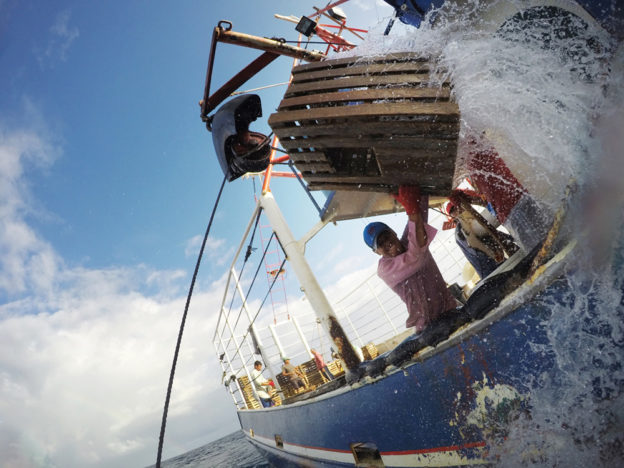As we celebrate World Ocean Month this June, we are reminded of how important it is to recognize the impact that we, as a global community, have on our planet. One of the many ways in which Seattle Fish aims to lead the seafood industry in sustainability is by participating in Fishery Improvement Projects (FIPs). We’re thrilled to announce we have partnered with WWF on two new FIPs that will directly impact the sustainable seafood sold at our local Kroger supermarkets.
According to the Marine Stewardship Council, a FIP, or “Fishery Improvement Project“, is “a multi-stakeholder initiative that aims to help fisheries work towards sustainability”. Generally FIPs are created to help a fishery reach MSC-certification through an improvement action plan. It’s important that FIPs are transparent by regularly reporting on and independently verifying their progress.
SFC is now participating in Peru Mahi Mahi and Vietnam Yellowfin Tuna FIPs. Both are extremely important fisheries that face challenges in reaching MSC-certification for a number of reasons, including fishery management and tracking and reducing bycatch.
As the leading mahi mahi producer in the world, Peru ships over 70% of its exports to the United States. Issues facing this fishery include the complex management needed to address the highly migratory nature of mahi mahi and lack of data on how fishing interacts with other species, such as endangered sea turtles and sharks. The goal of this FIP is to move towards MSC-certification by the end of 2021.
In Vietnam, yellowfin tuna is the most important wild-capture export product in the country. With a rising global demand for tuna, this small, seasonal fishery is facing challenges due to a lack of harvest control rules. One of the ways this FIP has already directly impacted this fishery is by the utilization of the circle hook, which allows for less bycatch including sharks & turtles.
A challenge facing both fisheries is the establishment of a National Observer Program. This program would include independent third-party observers aboard fishing vessels in order to inform & report on environmental practices, bycatch mitigation strategies, vessel registration and more. Both FIPs are working to secure sustainable financing for this endeavor including the possibility of digital observers.
Leading the sustainability charge at Seattle Fish is Hamish Walker, the company’s Chief Sustainability and Development Officer. Before joining the SFC team in his previous role as Chief Operations Officer, Hamish spent 25 years in the brewing industry, leading in sales and procurement roles. He’s particularly excited to step into the CSDO role in order to take a proactive approach in regards to sustainability and industry leadership.
“We could simply purchase seafood that is already certified sustainable like we always have,” says Walker, “and we’ll certainly continue to do so. But in order to drive meaningful change in our industry, we also know how important it is to contribute directly to these fisheries that are working to become MSC-certified but need financial help getting there. Rather than turning a blind eye, we take pride in supporting our trusted partners, such as WWF, to participate in projects like these that will create impactful changes in the industry.”
If you are interested in supporting a FIP, visit WWF for more information.
Sources:
https://seafoodsustainability.org/portfolio/peru-mahi/
https://seafoodsustainability.org/portfolio/vietnam-yellowfin-tuna/
https://fisheryprogress.org/fip-profile/peru-mahi-mahi-longline-wwf
https://fisheryprogress.org/fip-profile/vietnam-yellowfin-tuna-longlinehandline
https://www.msc.org/for-business/fisheries/developing-world-and-small-scale-fisheries/fips
https://oceanservice.noaa.gov/ocean/30days/
Photo Credit: © Antonio Busiello | WWF-US

